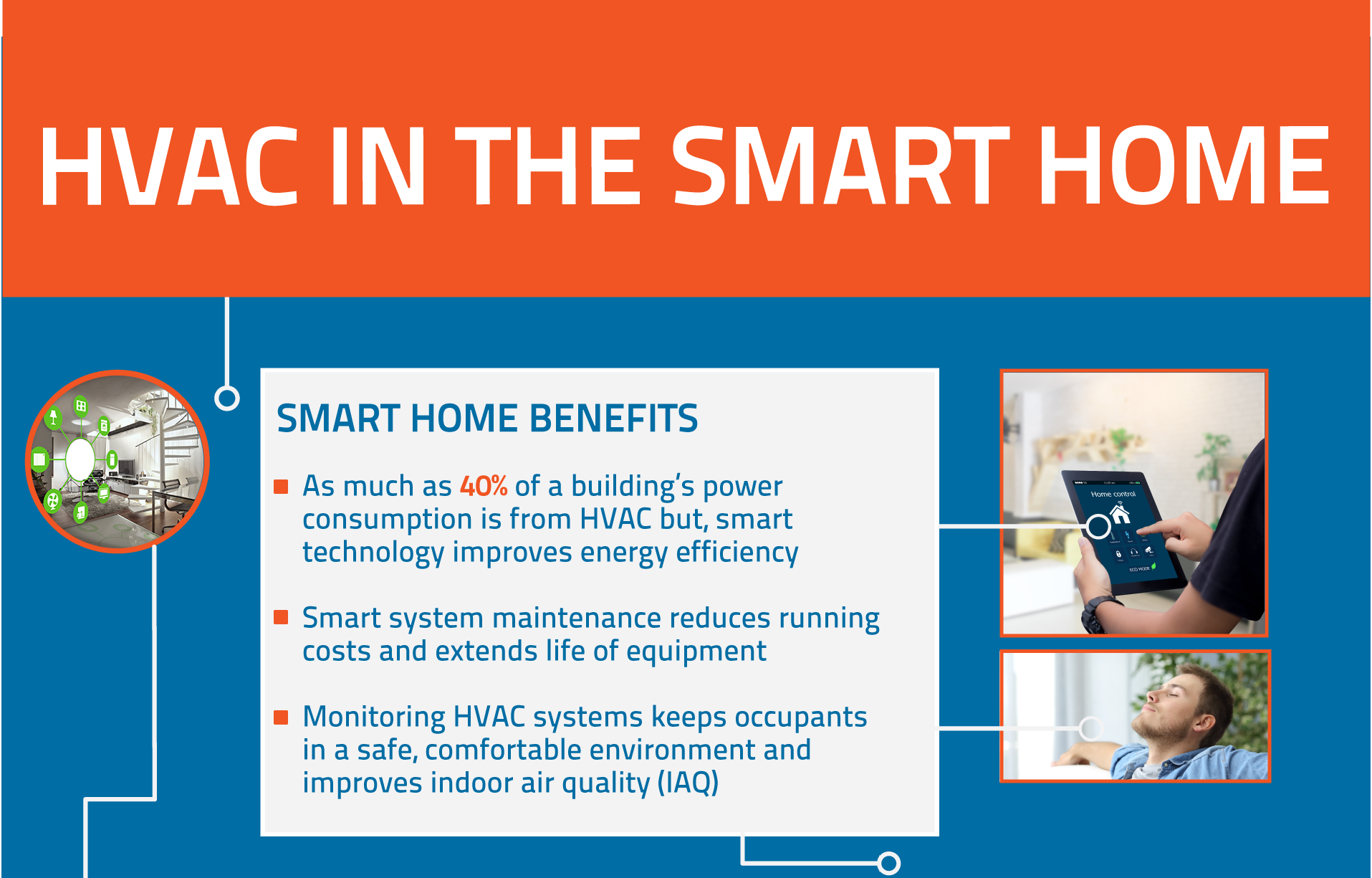When determining in between air source and ground resource heatpump, you may find yourself weighing factors like performance, price, and ecological effect. Each alternative uses unique advantages, however which one lines up ideal with your needs and concerns? As you explore the differences between these 2 sorts of heat pumps, you'll discover vital understandings that can lead you in the direction of making a notified choice that fits your unique circumstances. Keep tuned for a much deeper study the nuances of air source versus ground resource heat pumps to help you navigate this vital selection.
Efficiency and Performance Contrast
When contrasting air resource and ground source heatpump for performance and performance, it's essential to think about how each system runs in numerous problems. Air source heatpump draw out warm from the outside air, making them much more prone to changes in temperature. This indicates they could be less efficient in very chilly environments.
On the other hand, ground resource heatpump make use of secure underground temperatures for warmth exchange, offering more consistent performance regardless of exterior weather conditions. Ground source heat pumps are generally more energy-efficient in the long run as a result of the stable heat resource underground. Furthermore, ground resource heat pumps tend to have a longer lifespan contrasted to air source heatpump, which might impact long-term performance and upkeep expenses.
Expense Evaluation: Setup and Upkeep
For a detailed contrast in between air source and ground resource heatpump, it's critical to examine the prices connected with their installation and maintenance. Air source heat pumps typically have reduced upfront installment prices compared to ground resource heatpump. The installation of air resource heat pumps includes less complicated excavation and drilling, making it a more economical alternative for numerous homeowners.
Nonetheless, ground resource heatpump are known for their higher efficiency, which can result in reduced long-lasting power prices, possibly countering the first installment expenditures in time.
When it concerns maintenance costs, air source heatpump are typically much easier and less costly to preserve contrasted to ground source heatpump. ac maintenance canterbury need regular examine the underground loophole system, which can sustain additional upkeep expenditures.
On https://yourhub.denverpost.com/blog/2021/05/spring-maintenance-means-getting-your-a-c-ready-for-summer/277277/ , air resource heatpump typically need basic filter adjustments and periodic specialist evaluations, keeping maintenance prices relatively reduced.
Consider both the in advance setup costs and lasting upkeep costs when determining in between air source and ground resource heat pumps to establish which option aligns finest with your spending plan and demands.
Environmental Influence Assessment
Evaluating the environmental impact of air source and ground resource heat pumps is necessary in understanding their sustainability.
Air resource heat pumps need electrical energy to operate, which can cause raised carbon emissions if the electricity originates from nonrenewable fuel sources. On the other hand, ground source heatpump use the secure temperature of the ground to warmth and cool your home, resulting in reduced energy usage and decreased greenhouse gas discharges.
The installation of both kinds of heatpump involves some level of ecological influence, such as using refrigerants in air resource heatpump or the excavation needed for ground loops in ground source heat pumps. However, ground source heatpump have a longer lifespan and higher efficiency, making them a much more environmentally friendly choice over time.
Final thought
When deciding in between air source and ground resource heat pumps, consider your environment, budget, and environmental objectives. Air source heatpump are more affordable ahead of time, however ground resource heatpump supply higher performance and long-lasting cost savings. Choose the option that lines up with your top priorities and demands for a comfy and sustainable heating remedy.
